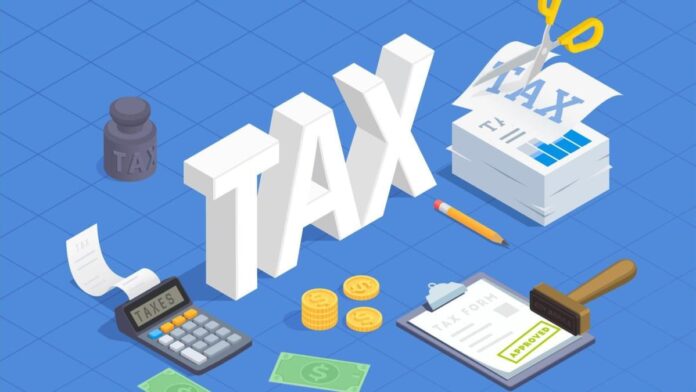The Union Cabinet, led by Prime Minister Narendra Modi, approved the New Income Tax Bill on February 7. The bill, which is expected to be tabled in Parliament during the ongoing Budget session, seeks to simplify tax laws, reduce disputes and enhance clarity for taxpayers.
The proposed law will replace the Income Tax Act of 1961, which has undergone multiple amendments over the past six decades. Finance Minister Nirmala Sitharaman said that the new legislation would be structured to provide a more transparent, comprehensible and concise tax framework. The bill is expected to be reviewed by the Standing Committee on Finance before final implementation.
What changes does the new tax bill introduce?
According to Finance Secretary Tuhin Kanta Pandey, the new Income Tax Bill will eliminate complex provisions and explanations, ensuring easier interpretation for taxpayers. A key objective is to reduce legal disputes and provide greater certainty on tax matters.
ALSO READHow the New Income Tax Bill could impact taxpayers
The government is keen on ensuring tax neutrality, which means that the fundamental tax burden on individuals and businesses is unlikely to change. However, the bill will streamline provisions, making it easier to comply with tax obligations without professional assistance.
Simplification of tax laws
Currently, the Income Tax Act, 1961, consists of 298 sections across 23 chapters, covering various direct taxes such as personal income tax, corporate tax and securities transaction tax. Over the years, several redundant taxes, including wealth tax, gift tax and fringe benefit tax, have been abolished.
The new Income Tax Bill will exclude outdated provisions, reduce the total number of sections, and introduce clearer language to make tax laws more accessible to the general public, PTI reported.
What necessitated the review of Income Tax Act?
The Income Tax Act, drafted in 1961, was designed to cater to an economy that has since evolved significantly. With rapid advancements in technology and changes in the way businesses operate, the government recognised the need for a modernised tax framework.
ALSO READNew Income Tax Bill This Week: New tax law to change taxation rates? Get ready for THESE big changes
Today, tax returns are pre-filled with data sourced from TDS statements, bank transactions and employer records. However, the existing tax code remains complex and difficult to navigate.
» Read More


